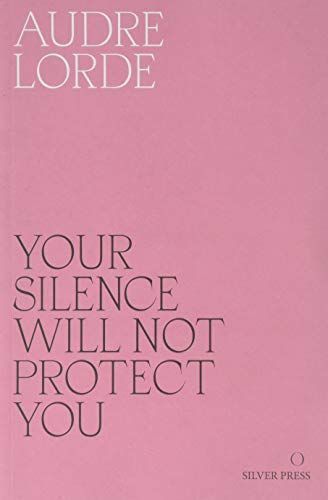
Reviews
Karolina@fox
antonia maria wagner she/they@toniia
p.@softrosemint
Jemima Scott@readwithmims
ally@a_good_beat
Roo Lampione@rooroo
Esther Kabwika@esther67
Elena Zieser@elzione
Maddie@maddie
Rachel Prudden@stubborncurias
Rónai Sára@sarar
Rupert Dannreuther@toberead
Highlights
Karolina@fox
Page 142
Karolina@fox
Page 90
Karolina@fox
Page 6
Karolina@fox
Page 4
Elena Zieser@elzione
Page 127
Elena Zieser@elzione
Page 124
Elena Zieser@elzione
Page 122
Elena Zieser@elzione
Page 117
Elena Zieser@elzione
Page 97
Elena Zieser@elzione
Page 97
Elena Zieser@elzione
Page 96
Elena Zieser@elzione
Page 95
Elena Zieser@elzione
Page 80
Elena Zieser@elzione
Page 91
Elena Zieser@elzione
Page 90
Elena Zieser@elzione
Page 19
Elena Zieser@elzione
Page 11
Jemima Scott@readwithmims
Page 9